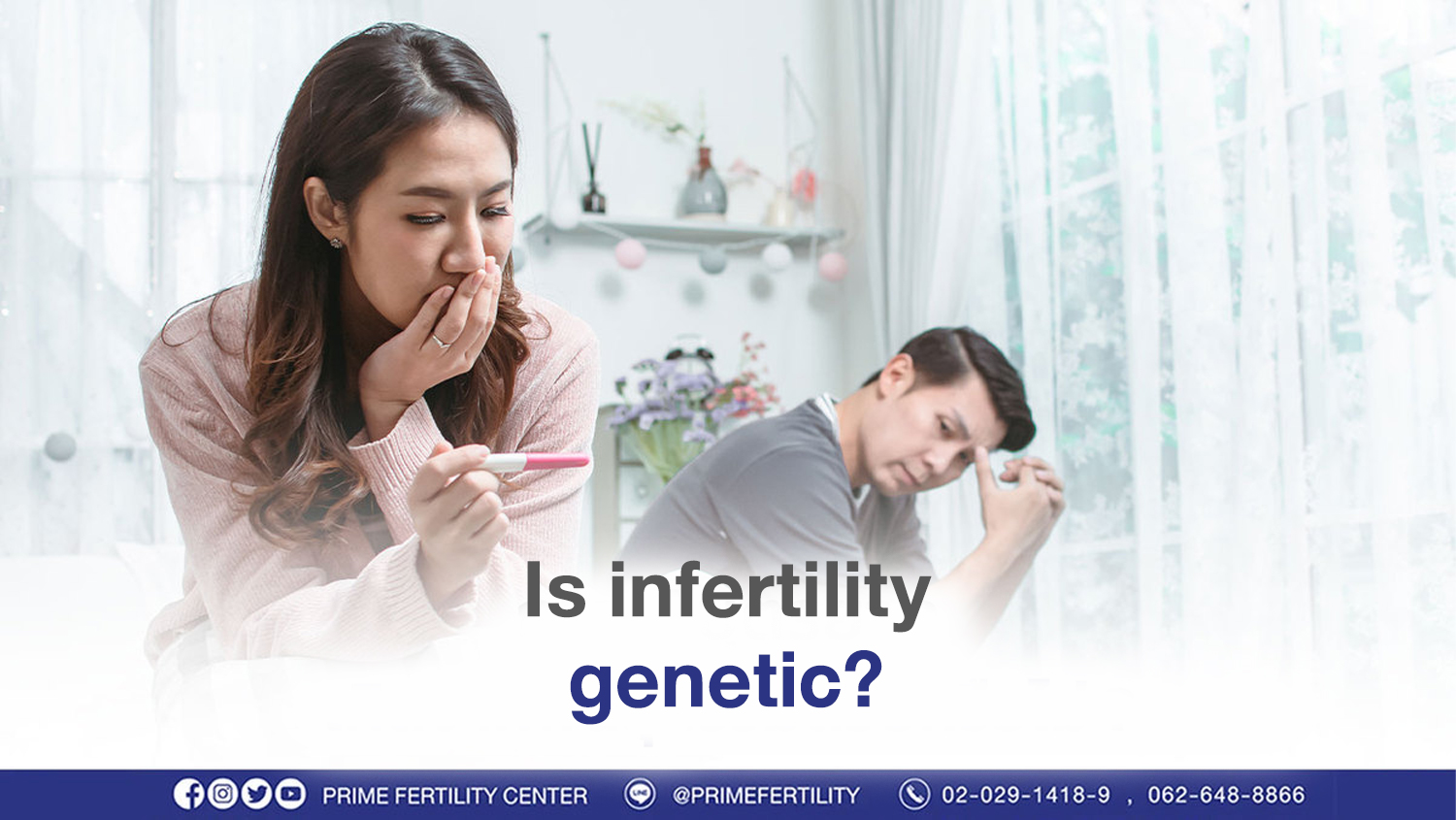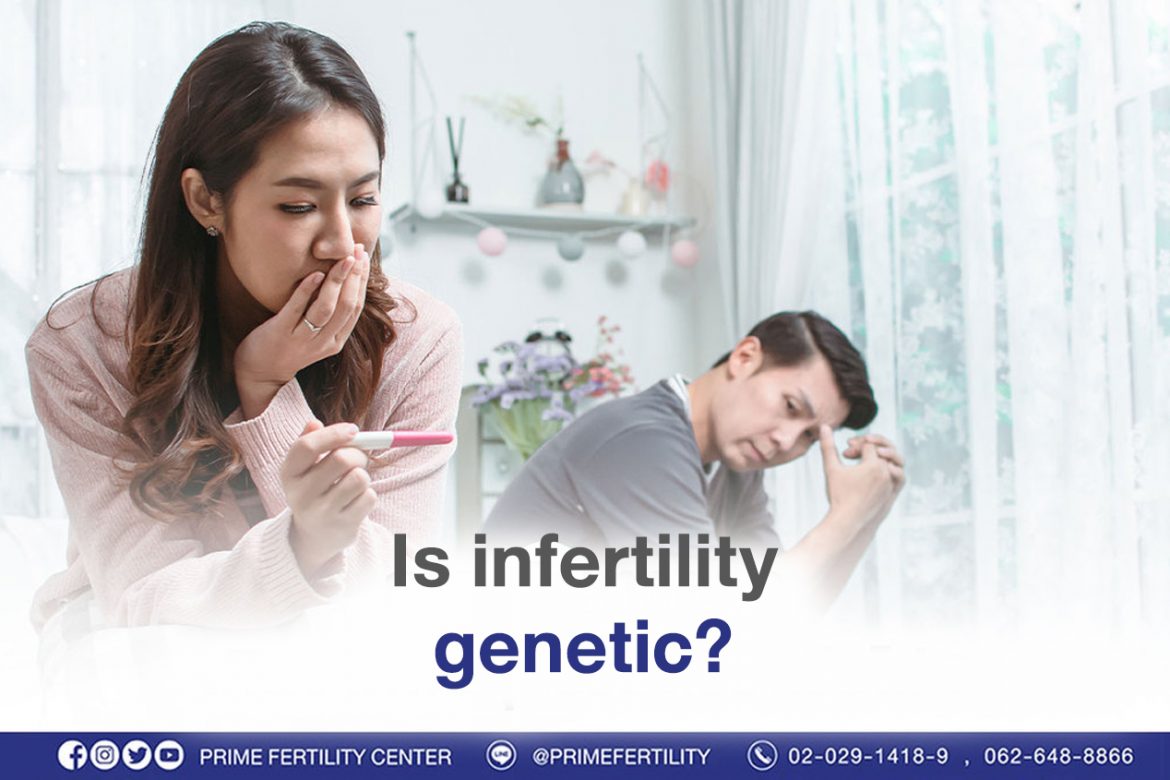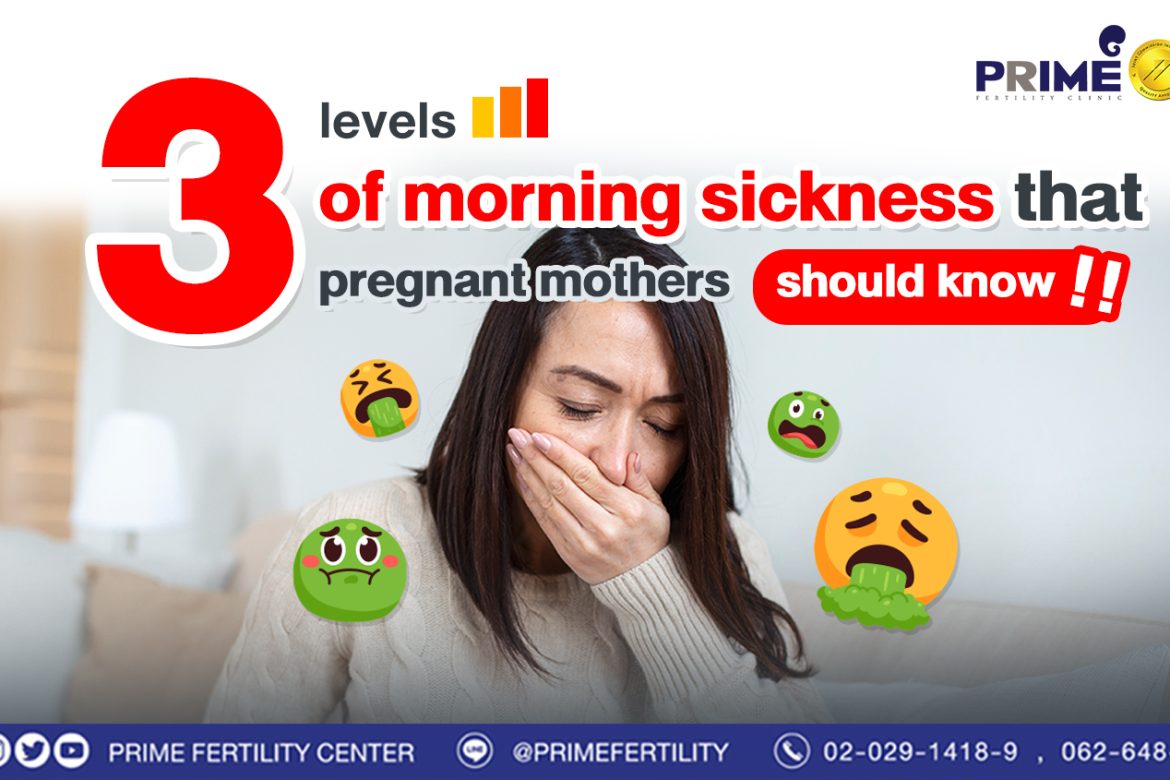Infertility, a big issue of couples caused by several factors

Infertility is a problem that couples don’t want to face. Many couples have wasted time and money due to their efforts fail. Seeing fertility specialist is often a last option. Although infertility treatment like IVF takes time and requires a lot of money but it is the easiest way to help couples have kids nowadays. However, infertility caused by various factors: age, physical health, lifestyle, food, as well as uncontrollable factor like genetics.
What is infertility?
Infertility is the situation when a couple can’t conceive even though they have unprotected sex regularly at least 2-3 times a week. There are several factors causing infertility: getting married at over 35 years of age, health problems of both husband and wife, female spontaneous abortion, male sterilization. If a couple needs to know explicit causes of infertility, doctor consultation will be needed for diagnosis and medical treatment.
Causes of infertility
Causes of infertility in a couple may happen to either party or both. Common causes of infertility in men and women are as follows:
Common causes of female infertility
- Hormone disorders that affect ovulation
- Premature menopause, it occurs especially in women who get married at over 35 yrs.
- Uterine abnormalities
- PCOS
- Fallopian tube problems caused by pelvic infection or endometriosis. The risk group is women who have experienced pelvic surgery.
- Sperm is unable to fertilize an egg because of cervical issues.
- Physical and mental health conditions like stress, anxiety, or other concerns. Especially women who smoke, drink alcoholic beverages, work hard, have lack of exercise and sufficient sleep, eat unhealthy food are more likely to be infertile. These lifestyle habits cause less sex and lead to a lower chance of pregnancy.
- History of sexually transmitted diseases, e.g., gonorrhea, pelvic inflammation, chronic pelvic pain.
Common causes of male infertility
- Low sperm count and poor sperm motility lead to blocked vas deferens.
- Liver disease or infection of reproductive system, e.g., prostatitis
- Health problems due to poor self-care, working hard, smoking, drinking alcohol, resulting in less sex and less sperm production.
- Hormone disorders
- Genetic diseases that affect sperm production
- Ejaculatory problems or erectile dysfunction
- Varicocele causes poor sperm quality.
Is infertility genetic?
Many people are wondering if infertility is caused by genetic disorders and can be passed from parents to their offspring. We would like to explain that if the parents are infertile, it doesn’t mean their children will be infertile. This is because the passing of genetic traits depends on genes that determine and control hereditary characteristics.
So, we need to focus on the cause of infertility. If it is heritable, infertility will happen to offspring. For example, oligospermia (low sperm count) or azoospermia (absence of sperm in ejaculate caused by some parts of Y chromosome are missing). Partial loss of Y chromosome is directly associated to sperm production and can lead to male infertility. It can be passed from fathers to their sons in case of having severe Y chromosome abnormality. However, this condition is uncommon.
Moreover, genetic disorders are also caused by the mutation of genes that linked to fertility, such as endometriosis or PCOS. A patient of either or both conditions carries genes that can mutate. Once the gene mutation happens, the risk of infertility increases. As a result, infertility will be hereditary.
Infertility may represent genetic disorders because of genes that determine and control genetic traits. Some genetic disorders can be passed directly from parents to their offspring. Therefore, the couples who want to have a baby need to get consultation with a fertility specialist to seek medical examination and find out the cause of infertility. This is to lower the risk of passing genetic disorders to the baby and to increase the chance of successful pregnancy. In addition, choosing the right hospital or clinic for fertility treatment is also important. Click here to read the article about the place to get fertility consultation.
—————————————-
Prime Fertility Center, we not only provide infertility treatment services but what we aim and consistently develop is customer service with care, being ready to provide consultation, taking care and paying attention to every emotion like a family member. As we well understand the feeling, pressure, and stress of those who are unable to have babies. So, we aim to deliver warmth and offer full services to facilitate our patients. We work with the determination and attention of our specialized doctor, embryologists, and skillful staff in taking care of the patients and providing a comprehensive counseling service.
Should you be interested in getting fertility consultation, please contact us. | ICSI Bangkok | ICSI Thailand | fertility clinic bangkok
Tel. : 062-648-6688 / 062-648-8866 / 02-029-1418–9
Line : http://line.me/ti/p/~@primefertility
Facebook : https://www.facebook.com/primefertilitycenter
E-mail : info@primefertilitycenter.com
Working Hours
- Open: Monday – Wednesday, Friday and Saturday
Time: 08:00 – 16:00 - Closed: Thursday, Sunday and Public Holidays



